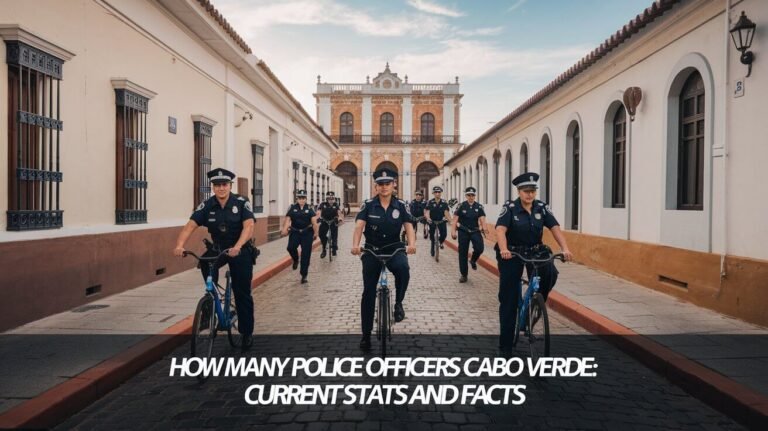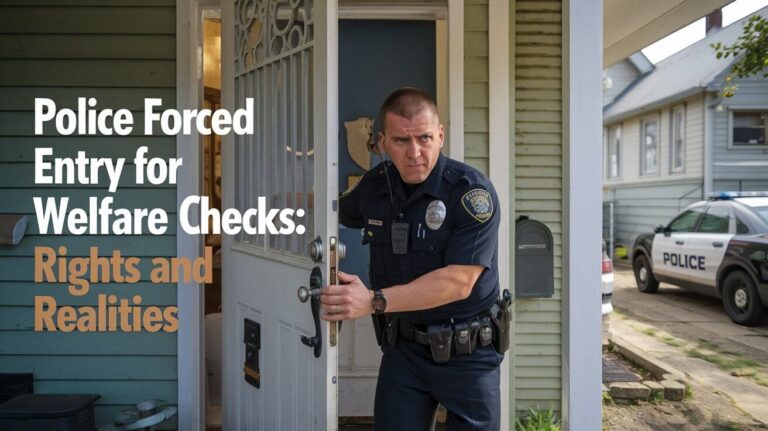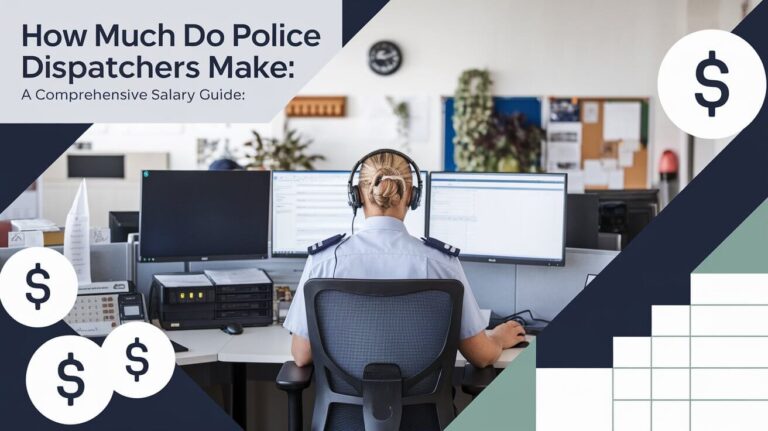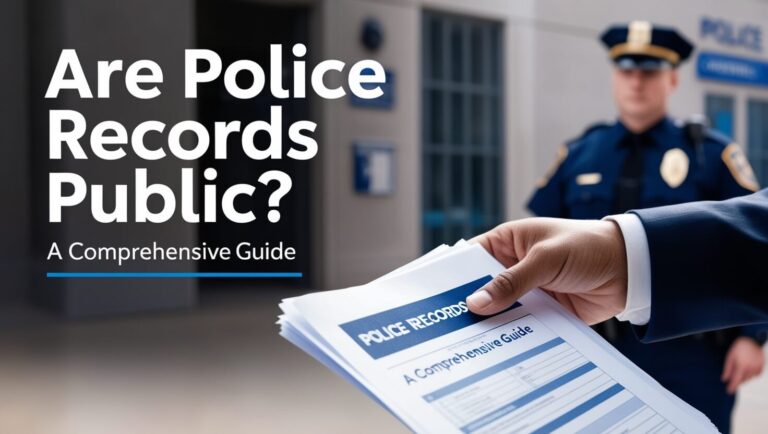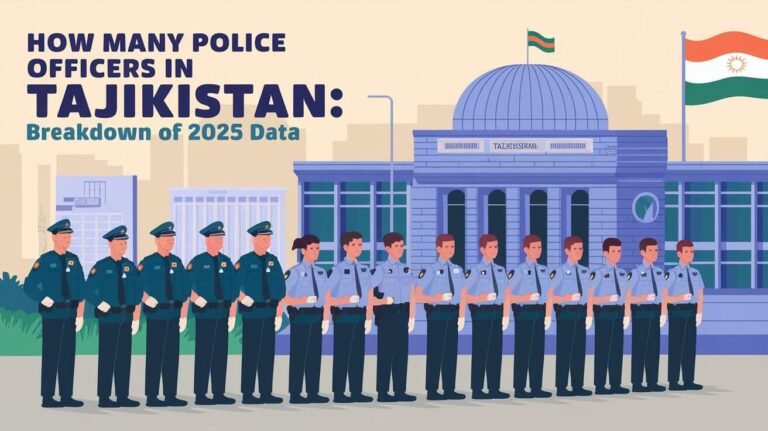Police Job Application Process: A Comprehensive Guide
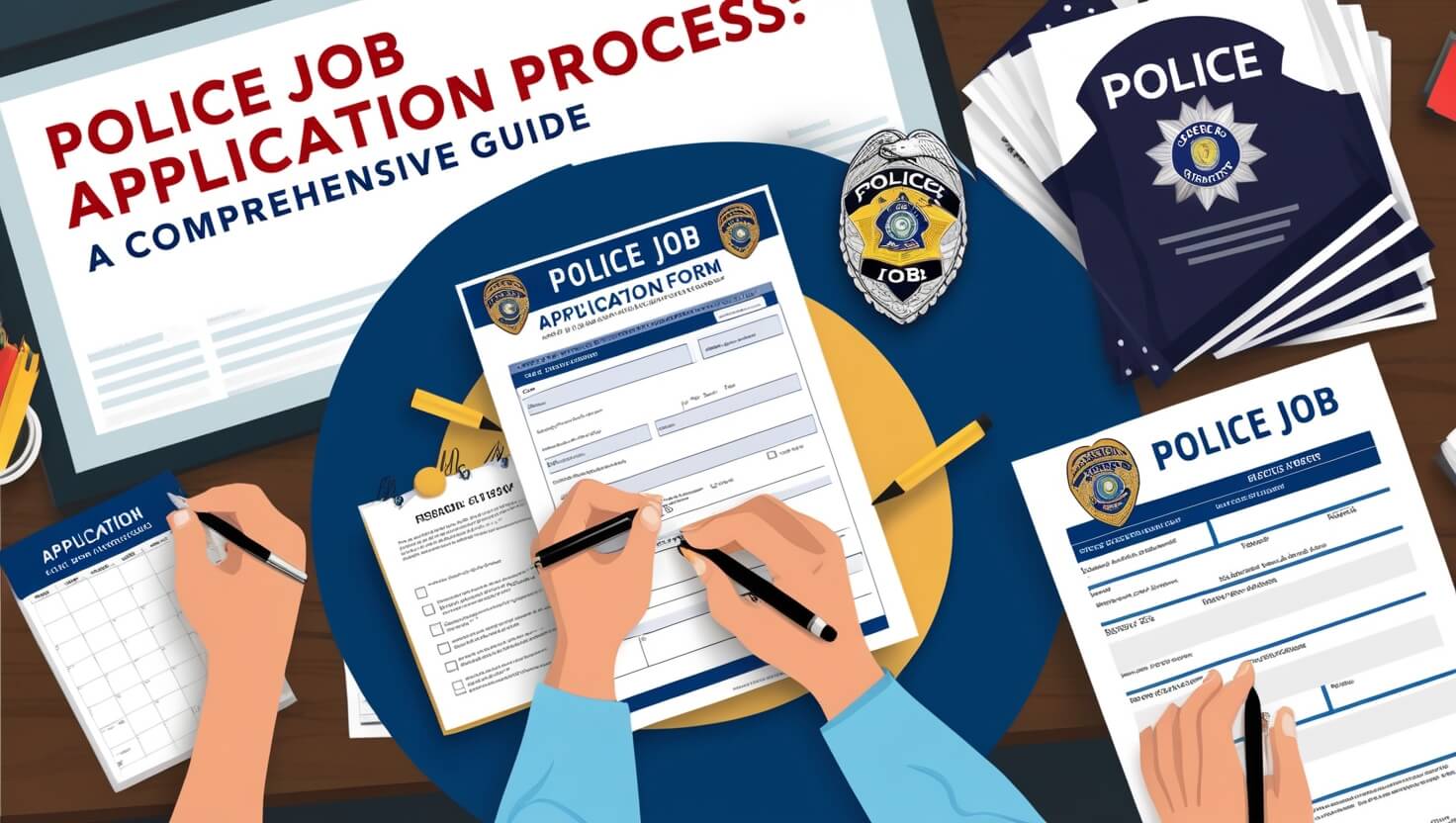
Becoming a police officer is a challenging yet rewarding career path. The police job application process involves several stages, from initial eligibility checks to rigorous assessments and background investigations. This guide will walk you through each step, offering insights and tips to help you succeed in your journey to join the force.
Introduction to the Police Job Application Process
Law enforcement plays a crucial role in maintaining public safety and upholding justice. For those drawn to this noble profession, understanding the application process for police jobs is the first step towards a fulfilling career.
Why Become a Police Officer?
Police work offers unique opportunities to serve communities, protect the vulnerable, and make a real difference in people’s lives. It’s a career that demands integrity, courage, and dedication.
Overview of the Application Stages
The police recruitment process typically includes:
- Eligibility check
- Application form submission
- Initial sifting
- Online assessments
- Physical fitness test
- Medical evaluation
- Background checks and vetting
- Final interview and job offer
Each stage is designed to ensure that candidates have the skills, character, and physical capabilities needed for the demanding role of a police officer.
Eligibility Requirements for Police Applicants
Before diving into the application, it’s crucial to check if you meet the basic requirements.
Age and Citizenship Criteria
Most police forces require applicants to be at least 18 years old. Some may have upper age limits or prefer candidates within certain age ranges. Citizenship or residency requirements vary by country and sometimes by specific police departments.
Educational Qualifications
While requirements differ, many police forces now seek candidates with a high school diploma or equivalent. Some departments may prefer or require a college degree, especially for certain specialized roles.
Physical and Medical Standards
Police work is physically demanding. Applicants must meet specific fitness standards and pass medical evaluations to ensure they can handle the job’s physical aspects.
Background and Character Requirements
A clean criminal record is usually necessary. Police departments look for individuals with high moral standards and a history of good citizenship.
Preparing for the Police Application
Proper preparation can significantly boost your chances of success in the police job application process.
Researching Different Police Forces
Each police force may have slightly different application procedures and requirements. Research various departments to find the best fit for your goals and qualifications.
Gathering Necessary Documents
Collect all required documents early in the process. These may include:
- Birth certificate
- Educational transcripts
- Driver’s license
- Proof of residency
- References
Improving Physical Fitness
Start a fitness regimen well before applying. Focus on cardio endurance, strength training, and flexibility to prepare for the physical tests.
Developing Relevant Skills
Work on skills valuable to police work, such as:
- Communication
- Problem-solving
- Teamwork
- Stress management
- Cultural awareness
Step-by-Step Guide to the Police Application Process
Let’s break down each stage of the police officer application process in detail.
Initial Eligibility Check
Most police departments offer an online eligibility checker. Use this tool to ensure you meet the basic criteria before investing time in the full application.
Completing the Application Form
The application form is your first chance to make an impression. Be thorough, honest, and accurate. Highlight relevant experiences and skills that align with police work.
The Sifting Process
After submission, your application undergoes an initial review. This sifting process evaluates your basic qualifications and suitability for the role.
Online Assessments
If you pass the initial sift, you’ll likely face a series of online assessments. These may include:
Competency-Based Interview
This video interview assesses how you’ve handled specific situations in the past, focusing on key competencies for police work.
Written Exercise
You may be asked to complete a written task, often involving analyzing information and making decisions as a police constable would.
Briefing Exercise
This exercise tests your ability to verbally respond to policing scenarios, assessing your decision-making and communication skills.
Physical and Medical Assessments
Physical fitness is crucial for police officers. The assessment process includes rigorous tests to ensure candidates can meet the demands of the job.
Understanding the Police Fitness Test
The fitness test often includes:
- Endurance runs (like the “bleep test”)
- Strength assessments
- Agility tests
Prepare by following a structured fitness program tailored to these requirements.
Medical Evaluation Process
The medical assessment ensures you’re healthy enough for police work. It may include:
- Vision and hearing tests
- Blood pressure check
- Drug screening
- Overall health examination
Common Health Disqualifiers
Certain medical conditions may disqualify candidates from police service. These often include severe vision or hearing impairments, heart conditions, or uncontrolled chronic illnesses.
Background Checks and Vetting
Police departments conduct thorough background investigations to ensure the integrity of their officers.
Purpose of Police Vetting
Vetting aims to verify your character, identify potential security risks, and ensure you’re suitable for a position of public trust.
What Does the Vetting Process Involve?
The vetting process may include:
- Criminal record checks
- Financial background review
- Reference checks
- Social media screening
- Interviews with associates
Addressing Potential Red Flags
If there are concerns in your background, be upfront about them. Honesty and accountability can sometimes outweigh past mistakes.
Positive Action Initiatives in Police Recruitment
Many police forces are working to increase diversity within their ranks.
Understanding Positive Action
Positive action programs aim to encourage applications from underrepresented groups, ensuring a police force that reflects the community it serves.
How to Benefit from Positive Action Programs
If you’re from an underrepresented group, look for mentoring programs, recruitment events, or support services offered by your local police force.
Tips for Success in the Police Application Process
Maximizing your chances of success requires preparation and the right approach.
Preparing for Assessment Exercises
Practice situational judgment tests and brush up on your writing skills. Many police forces offer sample questions or practice tests online.
Acing the Competency-Based Interview
Research common police competencies and prepare examples from your life that demonstrate these skills. Practice articulating your experiences clearly and concisely.
Maintaining Physical Fitness Throughout the Process
Don’t neglect your fitness routine during the application process. Staying in shape will help you perform your best in physical tests and handle the stress of the process.
What Happens After a Successful Application?
Congratulations! You’ve made it through the rigorous police job application process. But what comes next?
Receiving a Conditional Offer
If successful, you’ll receive a conditional job offer. This offer is subject to passing final checks and assessments.
Pre-Employment Checks
These may include additional background investigations, drug tests, or medical evaluations.
Police Academy Training
Once all checks are cleared, you’ll enter the police academy for intensive training. This is where you’ll learn the specific skills and knowledge needed for your role as a police officer.
Common Challenges in the Police Application Process
The path to becoming a police officer isn’t always smooth. Here are some common hurdles and how to overcome them.
Dealing with Application Rejections
Don’t be discouraged by initial rejections. Use the feedback to improve and consider applying to different departments or reapplying after gaining more experience.
Overcoming Physical Fitness Hurdles
If you struggle with the fitness requirements, consider working with a personal trainer or joining a prep program specifically designed for police applicants.
Addressing Past Mistakes or Issues
Be honest about past issues. Focus on what you’ve learned and how you’ve grown from these experiences.
The Future of Policing and Recruitment
The field of law enforcement is evolving, and so is the police recruitment process.
Evolving Role of Police Officers
Modern policing increasingly emphasizes community engagement, problem-solving, and use of technology. Highlight skills in these areas during your application.
Technological Advancements in the Application Process
Many departments are adopting virtual reality simulations and AI-assisted assessments. Stay informed about these changes in the application process.
Diversity and Inclusion Initiatives
Police forces are actively working to build more diverse teams. This focus on inclusivity may shape future recruitment strategies and create new opportunities for a wide range of applicants.
Conclusion: Embarking on Your Police Career Journey
The police job application process is rigorous, but it’s designed to find individuals who are truly suited for this challenging and rewarding career. By understanding each step, preparing thoroughly, and presenting your best self, you can navigate the process successfully.
Remember, becoming a police officer is more than just passing tests—it’s about committing to serve and protect your community. As you embark on this journey, stay focused on your goals and the positive impact you hope to make as a law enforcement professional.
Whether you’re just starting to consider a career in law enforcement or you’re ready to submit your application, this guide provides a roadmap for your journey through the police job application process. Good luck as you take your first steps towards an exciting and meaningful career in policing!


